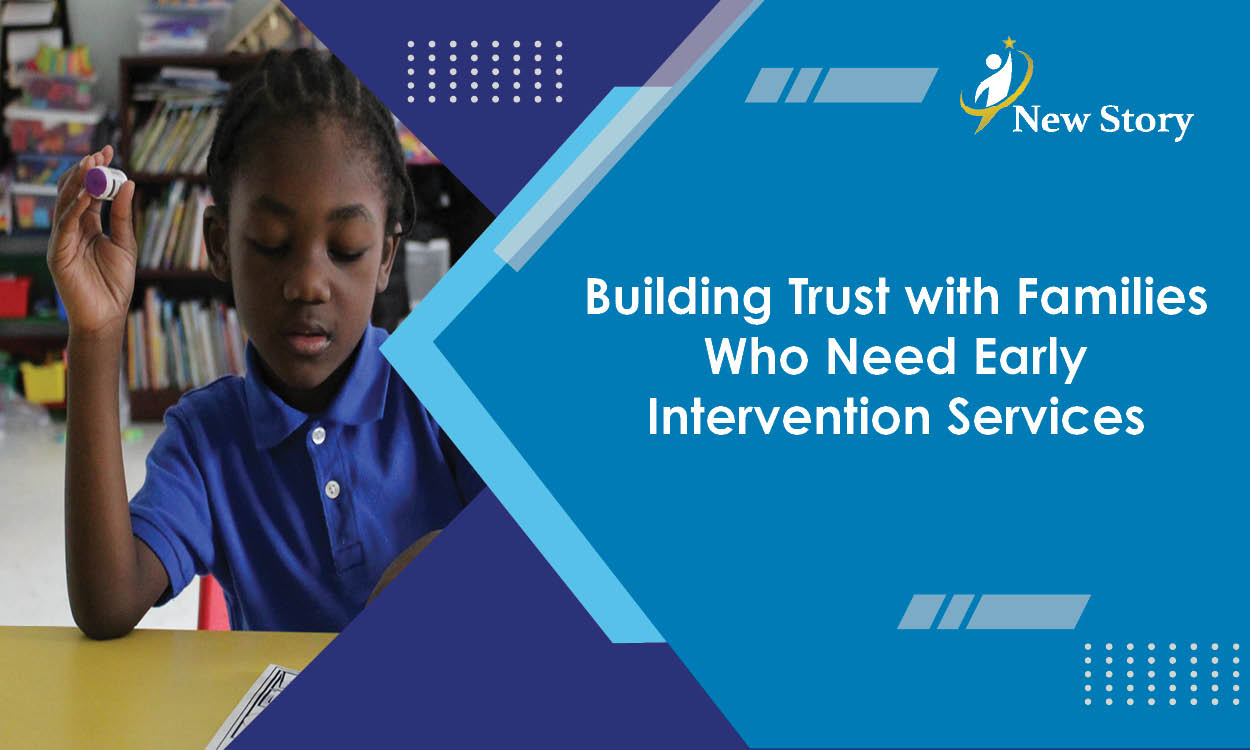Mental Health Challenges are at a Tipping Point in Schools, But They Don't Have to Be
Posted: May 08, 2024 | Written By: Katie Fitzgerald| Category: Support for Educators

In the corridors of today's schools, a silent epidemic lurks, affecting the lives of countless students: mental health disorders. Shockingly, an estimated 70% to 80% of children with mental health challenges go without care. With such staggering statistics, the urgent need for mental health support within educational settings becomes undeniable.
The numbers paint a stark picture of the reality facing today's youth. According to the Centers for Disease Control and Prevention, one in five children has a diagnosable mental, emotional, or behavioral disorder. In 2021 alone, 42% of students reported feeling persistently sad or hopeless, 29% experienced poor mental health, and a frightening 22% seriously considered attempting suicide.
Mental health challenges present a distinct impact on a student’s ability to learn. Impacting energy levels and concentration, depression and anxiety as is associated with lower grade point averages. Mental health issues at age 12 were associated with a lack of complete final grades in one study. Not addressing the mental health and wellbeing of students not only impedes their overall wellbeing, but also their ability to learn and succeed.
Evolution of School Support Systems
Programs we take advantage of today that seem like the norm, like afterschool care, affordable breakfast and lunches, and summer food programs -- not the standard only a few decades ago -- make a notable impact on the health and wellbeing of students. School-provided meals result not only in healthier, more food secure students, but also in improved performance at school. Students enrolled in afterschool programs have better academic outcomes and attendance.
As debates continue on the school’s role in meeting the basic needs of students, we cannot leave a generation of students and educators behind as mental health challenges continue to rise at alarming rates. Prioritizing the mental health of students is not being addressed at scale, posing increasing risk to student growth and achievement and to the educator workforce at large.
“Students cannot access their education if they’re struggling with mental health issues. When they are bullied, anxious, depressed, or food insecure, their brains don't have the capacity to learn. Unless students feel safe and secure in the classroom, academic achievement will suffer." – Pat Hovey, Executive Director, Thrive Alliance Group
Holistic Approach Embedded in Schools
Thrive Alliance Group (Thrive) recognizes that effective mental health support goes beyond mere intervention—it requires a holistic approach that permeates the entire school community. A deep understanding of the interconnected factors impacting a student's well-being is required to create a school culture of safety and support. Thrive’s two-pronged approach includes professional development for educators and staff around key mental health and wellness areas, as well as in-school services for students and their families.
While President Biden’s National Rescue Plan is calling for increased in school support from school counselors and psychologists, the student to staff ratio for those roles is still well over the recommendations. The full burden cannot be placed on educators who already have full plates and workloads. As educators leave the field in droves, prospective educators rethink teaching, and half of educators leaving in their first five years, we must support the field in feeling connected, supported, and prepared.
"Teachers know how to teach content, like reading or science, but not necessarily how to manage emotions and behaviors in the classroom. When a teacher's emotions are dysregulated, they have challenges teaching dysregulated students. School staff need training to recognize and manage emotional issues in themselves and their students," said Hovey.
By integrating educational and clinical perspectives, Thrive ensures that interventions address not just symptoms but underlying causes. This proactive approach is essential, given the complexities of mental health disorders and their far-reaching effects on academic performance and social dynamics.
“Our goal is postsecondary success,” said Meredith Maffeo-Spitzer, MA Ed., Director of Content and Learning, Thrive Alliance Group. “Not just to get a student through school, but to prepare them for what’s coming after – college, trade, family, military, life. It’s not just about academic success. If we don’t address mental health or wellness, then students will not have the tools to succeed in postsecondary or beyond.”
Learn more about Thrive Alliance Group on their website. Reach out to our team to learn more about our mental health support in public schools here.







